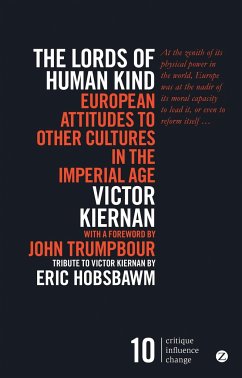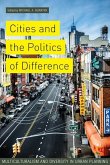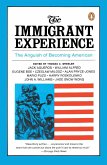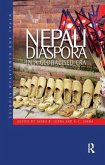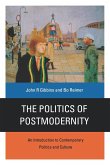When European explorers went out into the world to open up trade routes and establish colonies, they brought back much more than silks and spices, cotton and tea. Inevitably, they came into contact with the peoples of other parts of the world and formed views of them occasionally admiring, more often hostile or contemptuous. Using a stunning array of sources - missionaries' memoirs, the letters of diplomats' wives, explorers' diaries and the work of writers as diverse as Voltaire, Thackeray, Oliver Goldsmith and, of course, Kipling - Victor Kiernan teases out the full range of European attitudes to other peoples. Erudite, ironic and global in its scope, The Lords of Human Kind has been a major influence on a generation of historians and cultural critics and is a landmark in the history of Eurocentrism.
Hinweis: Dieser Artikel kann nur an eine deutsche Lieferadresse ausgeliefert werden.
Hinweis: Dieser Artikel kann nur an eine deutsche Lieferadresse ausgeliefert werden.
